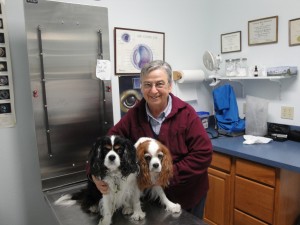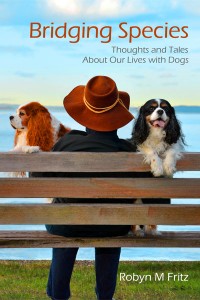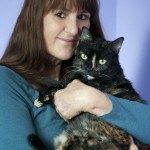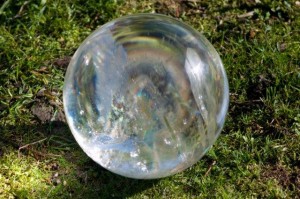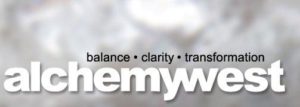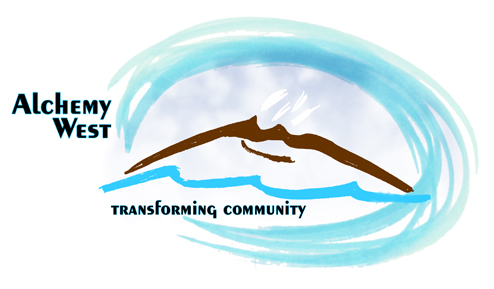 My version of the Fritz family is complete with two dogs and a cat (and Fallon, and …). My brother’s version has a Jack Russell terrier, Skittles, and three fantastic humans I am proud and honored to call family. Here’s Ron and Jan with Justin, graduating from the University of Oregon in 2010, and Randall cheering him on. I never thought I’d be old enough to ‘remember when,’ but I do recall the boys as babies, and how impatiently I waited until they were old enough to go on adventures. Then, somehow, they were doing wheelies in my car in a parking lot! I am proud of their vitality and enthusiasm, their humor and kindness, their hard work and commitment to community. Our future is in good hands when they belong to young people like my nephews. Carry on, boys!
My version of the Fritz family is complete with two dogs and a cat (and Fallon, and …). My brother’s version has a Jack Russell terrier, Skittles, and three fantastic humans I am proud and honored to call family. Here’s Ron and Jan with Justin, graduating from the University of Oregon in 2010, and Randall cheering him on. I never thought I’d be old enough to ‘remember when,’ but I do recall the boys as babies, and how impatiently I waited until they were old enough to go on adventures. Then, somehow, they were doing wheelies in my car in a parking lot! I am proud of their vitality and enthusiasm, their humor and kindness, their hard work and commitment to community. Our future is in good hands when they belong to young people like my nephews. Carry on, boys!
(c) 2011 Robyn M Fritz
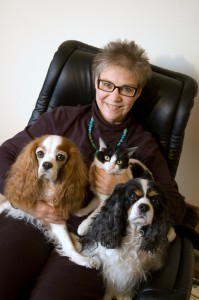
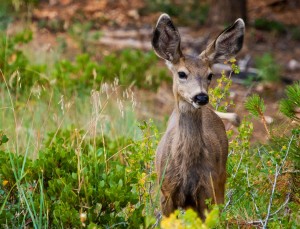 My friend, Margaret, and I decided to visit Yellowstone together. I can’t get enough of Yellowstone, she’d never been, and we knew between the Park’s bounty, our high spirits, and my clumsiness we’d have adventures. Especially since we had no intention of avoiding any (although Margaret thought seeing Old Faithful once was enough, which is just plain wrong).
My friend, Margaret, and I decided to visit Yellowstone together. I can’t get enough of Yellowstone, she’d never been, and we knew between the Park’s bounty, our high spirits, and my clumsiness we’d have adventures. Especially since we had no intention of avoiding any (although Margaret thought seeing Old Faithful once was enough, which is just plain wrong).


 Sometimes we wonder if we’ve done the right thing in life. Sometimes we get lucky and know we did, even though we were just trying to get by. Sometimes that story co-incidentally defines another, which is what building community is all about.
Sometimes we wonder if we’ve done the right thing in life. Sometimes we get lucky and know we did, even though we were just trying to get by. Sometimes that story co-incidentally defines another, which is what building community is all about.